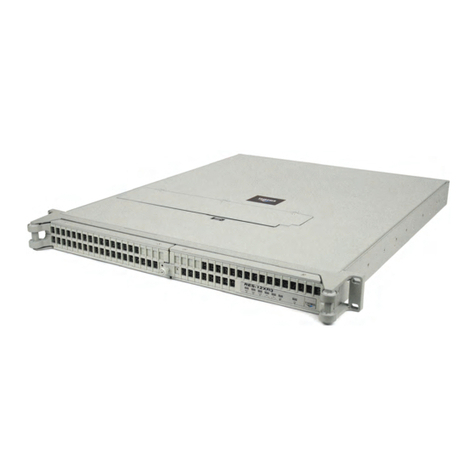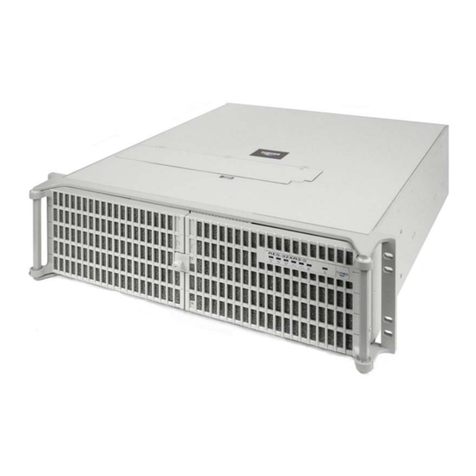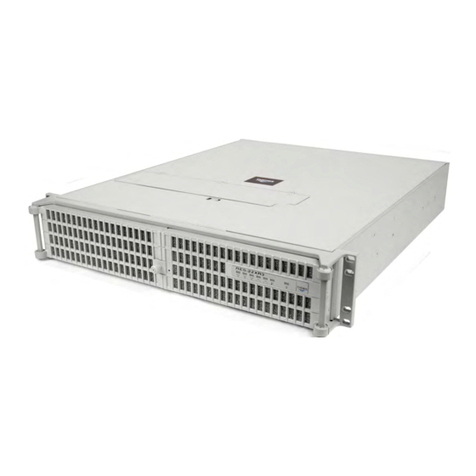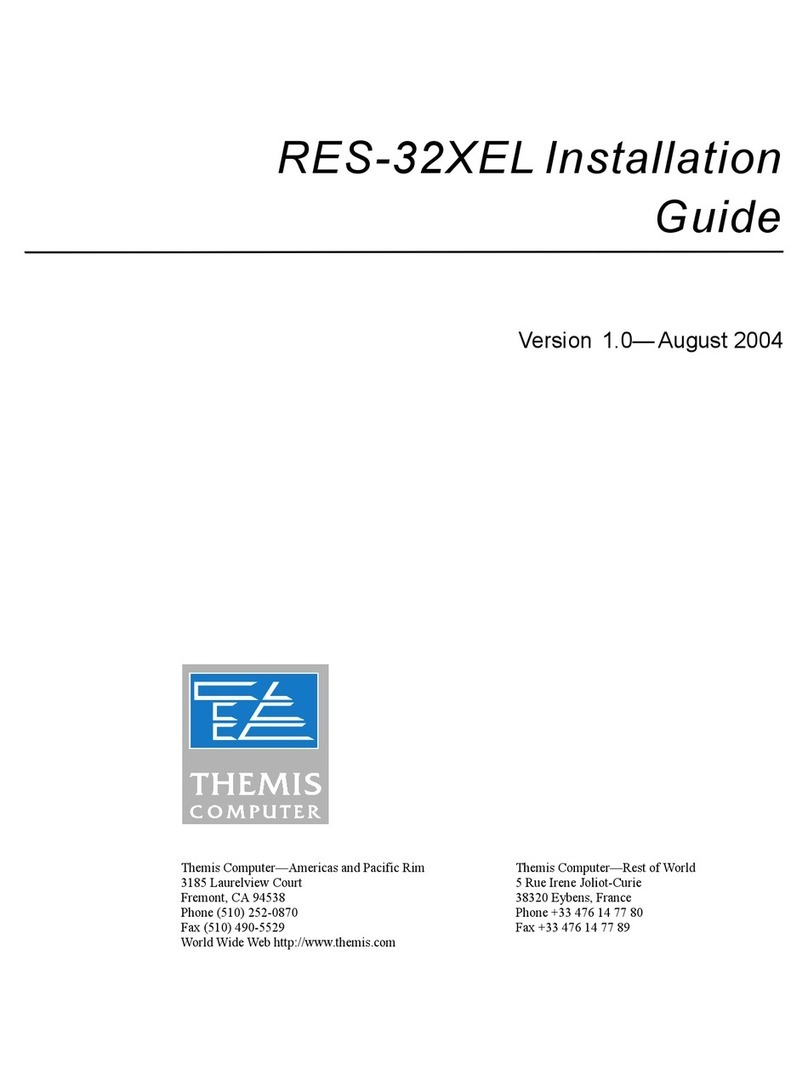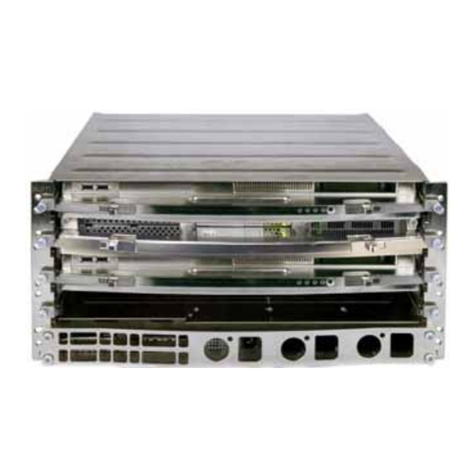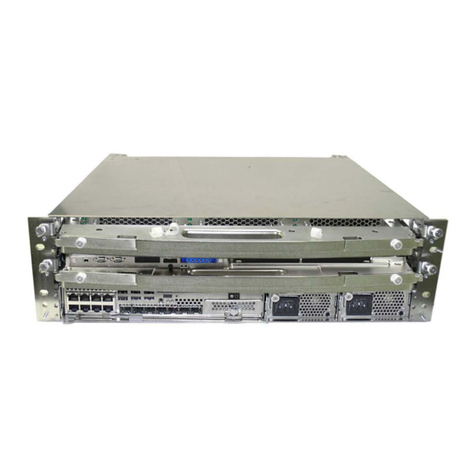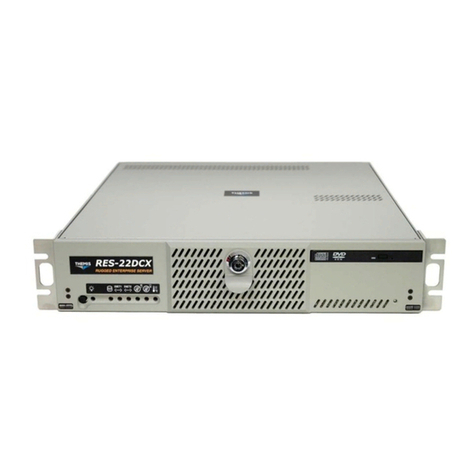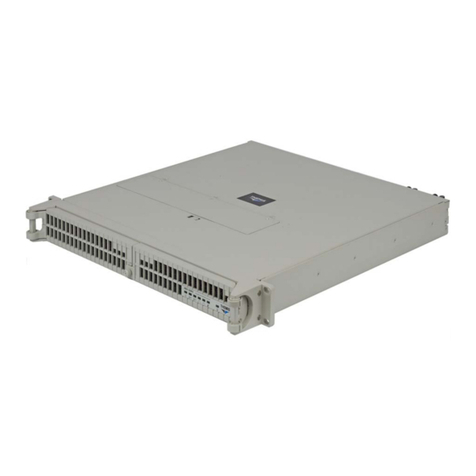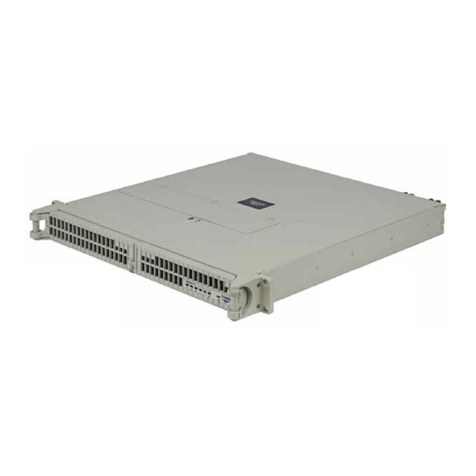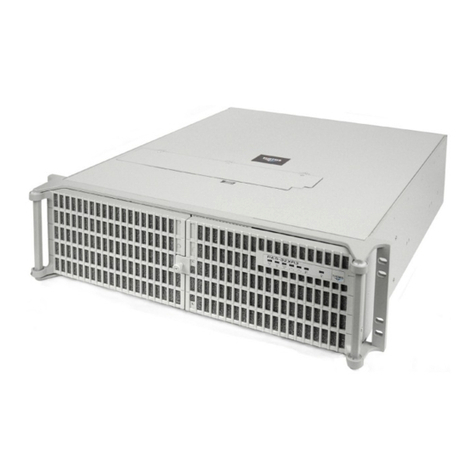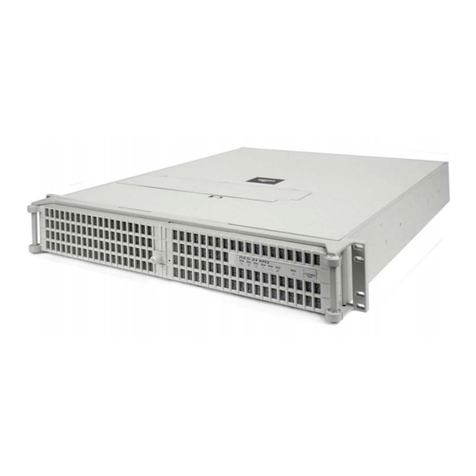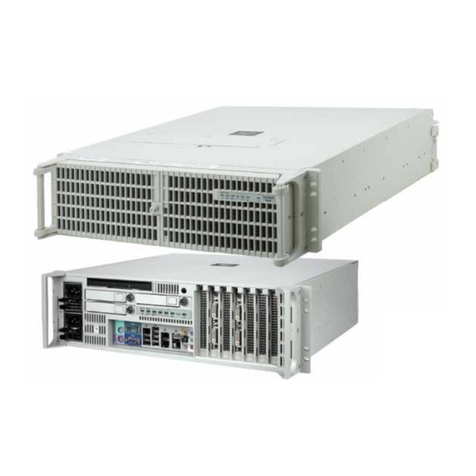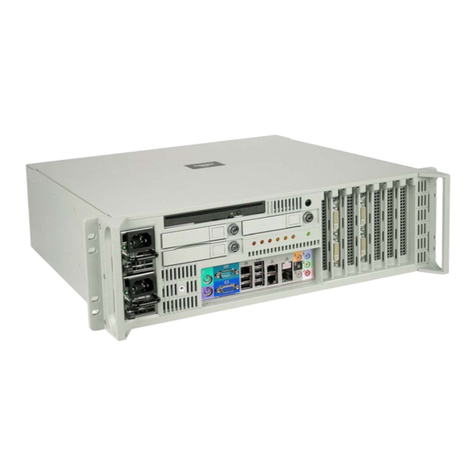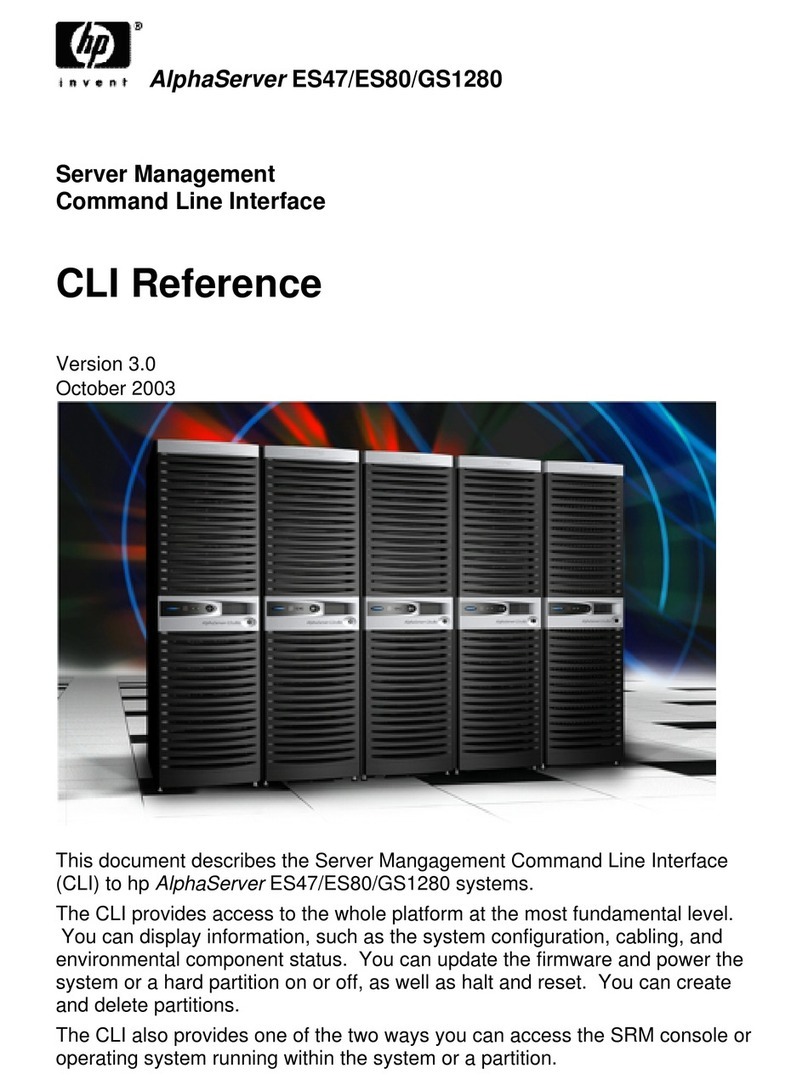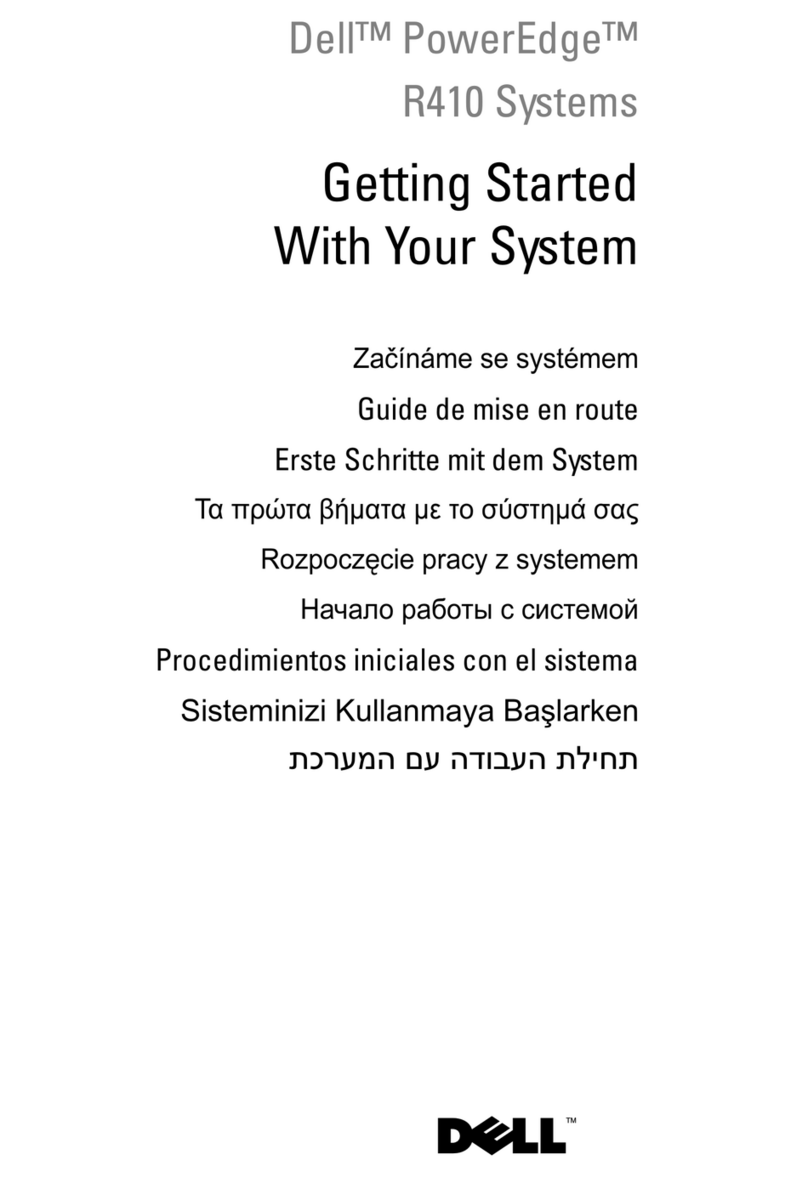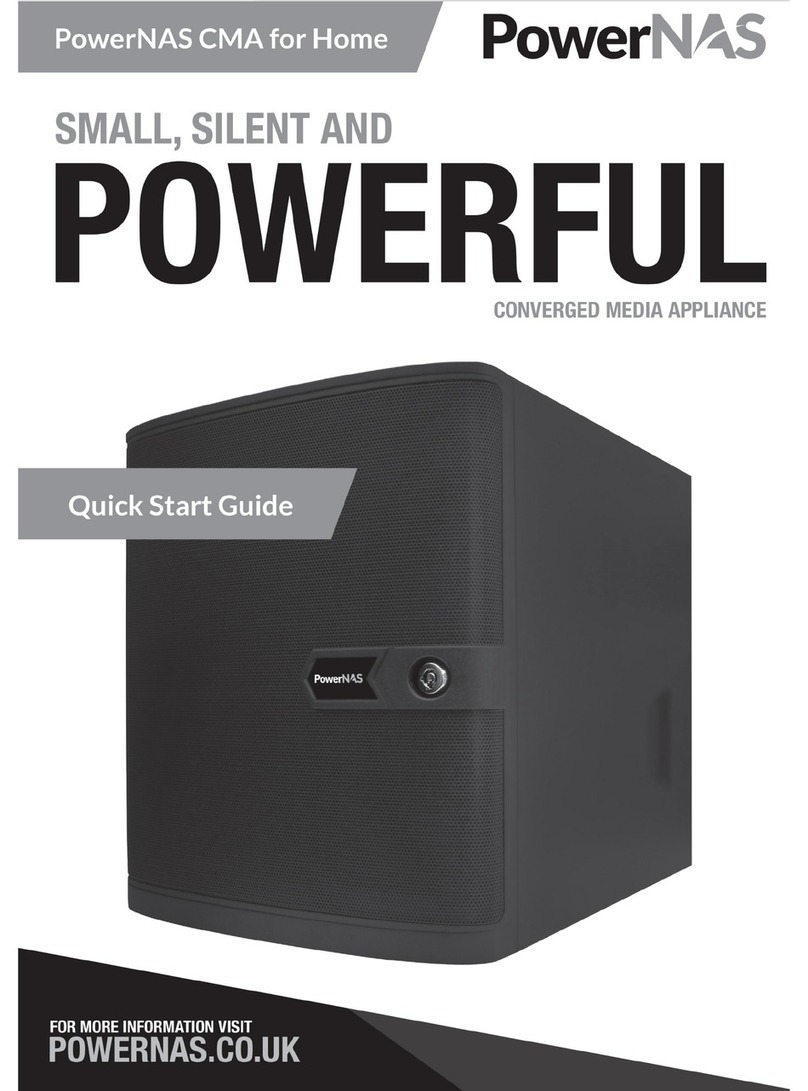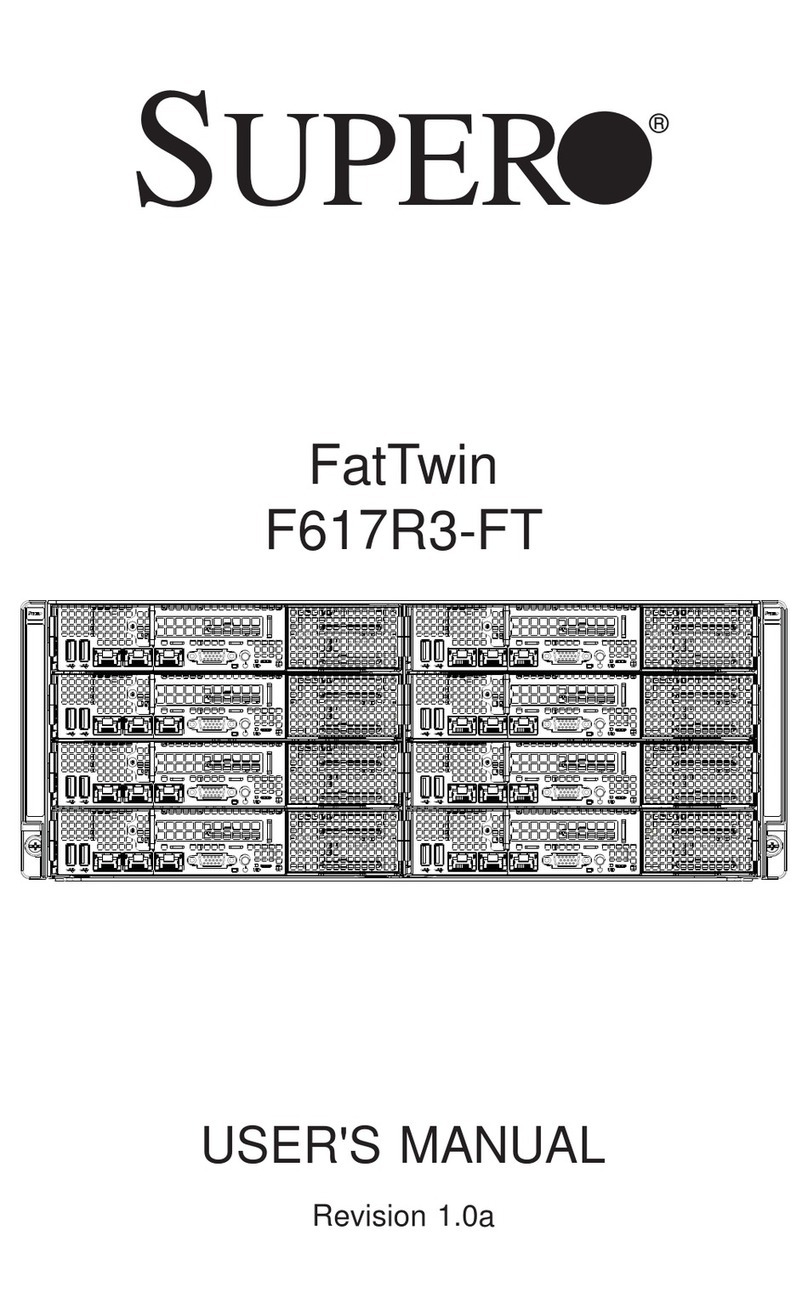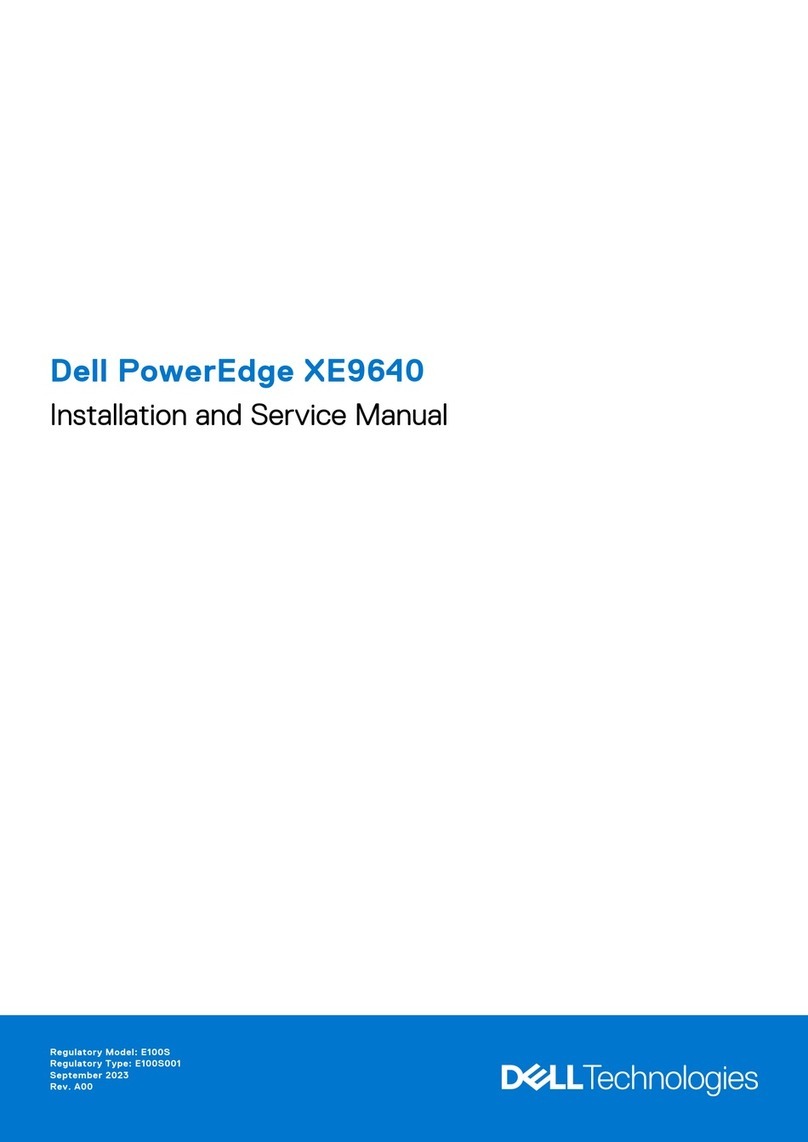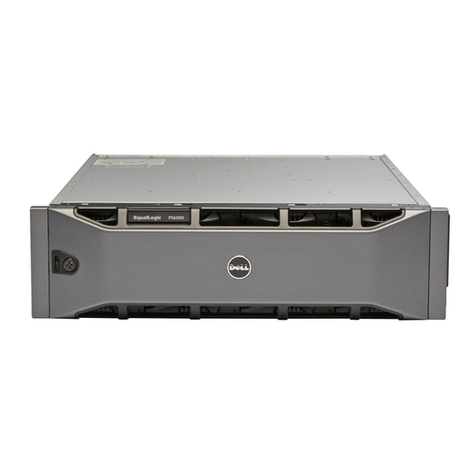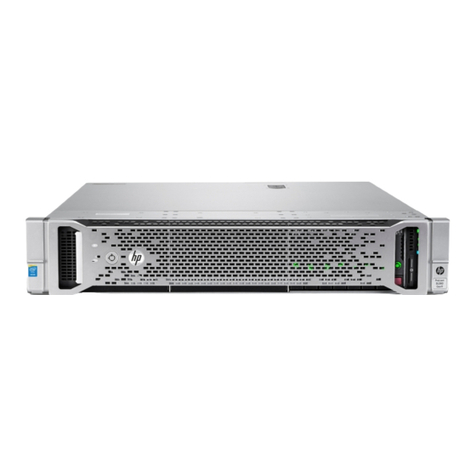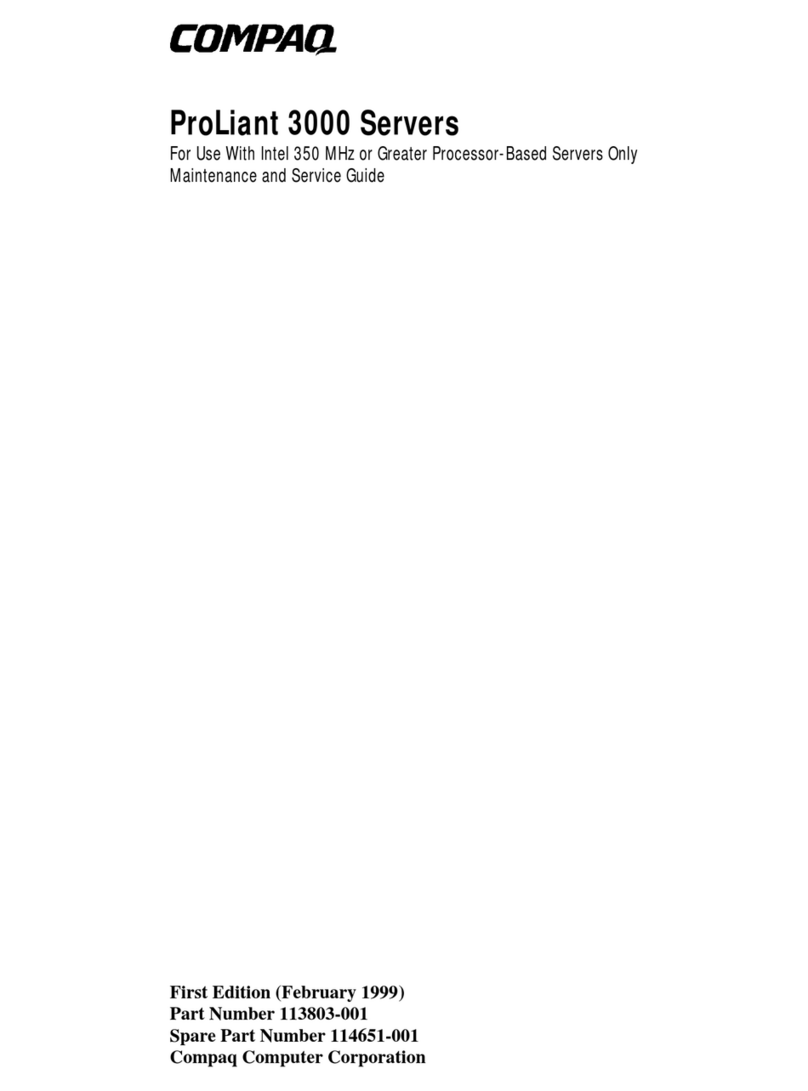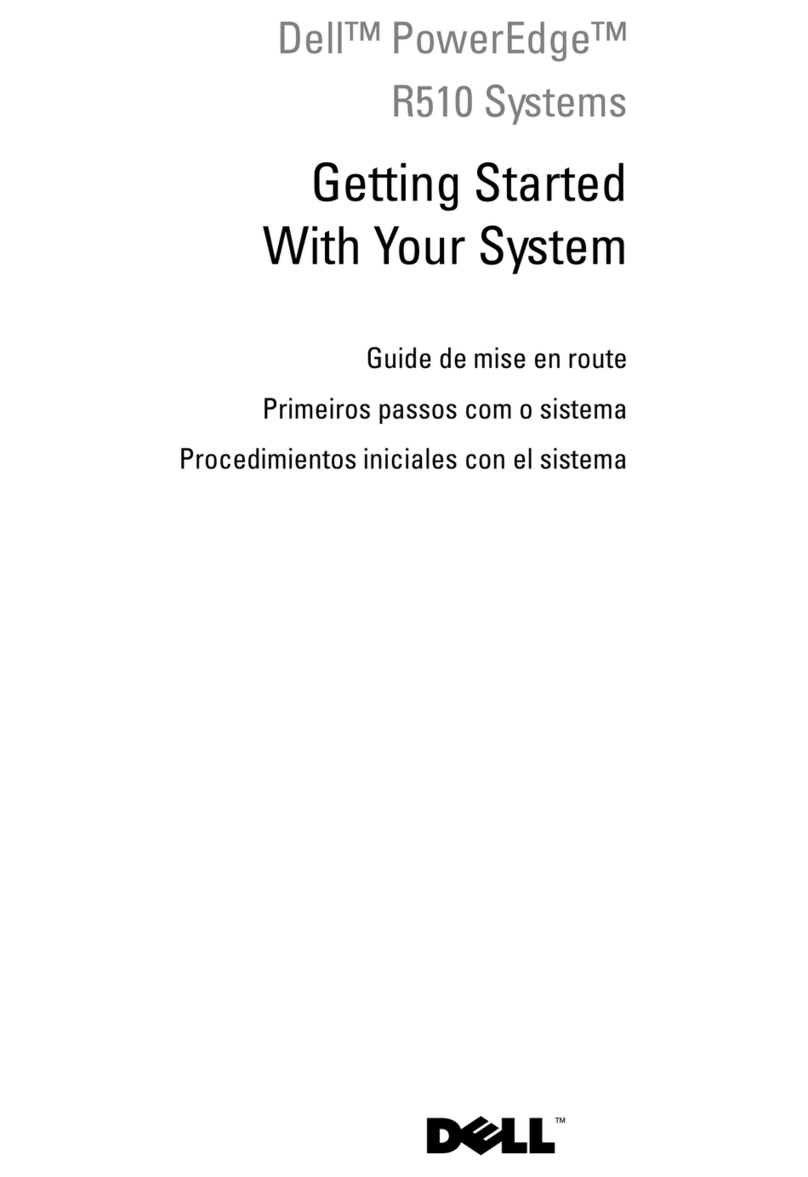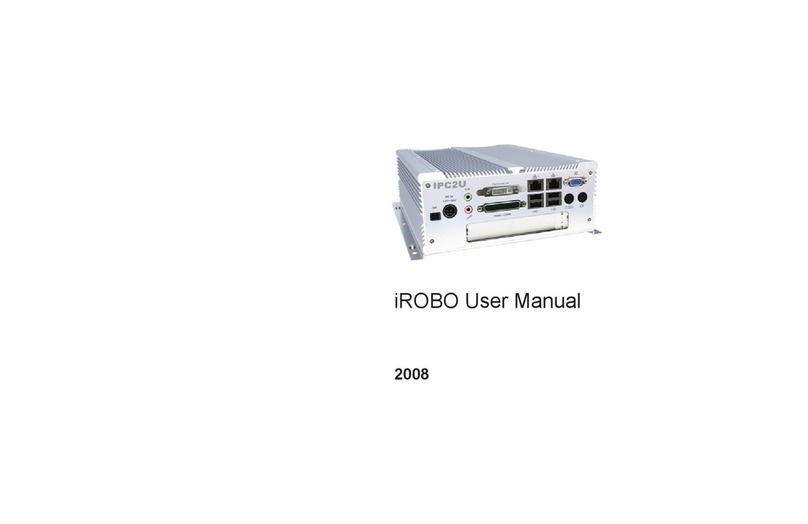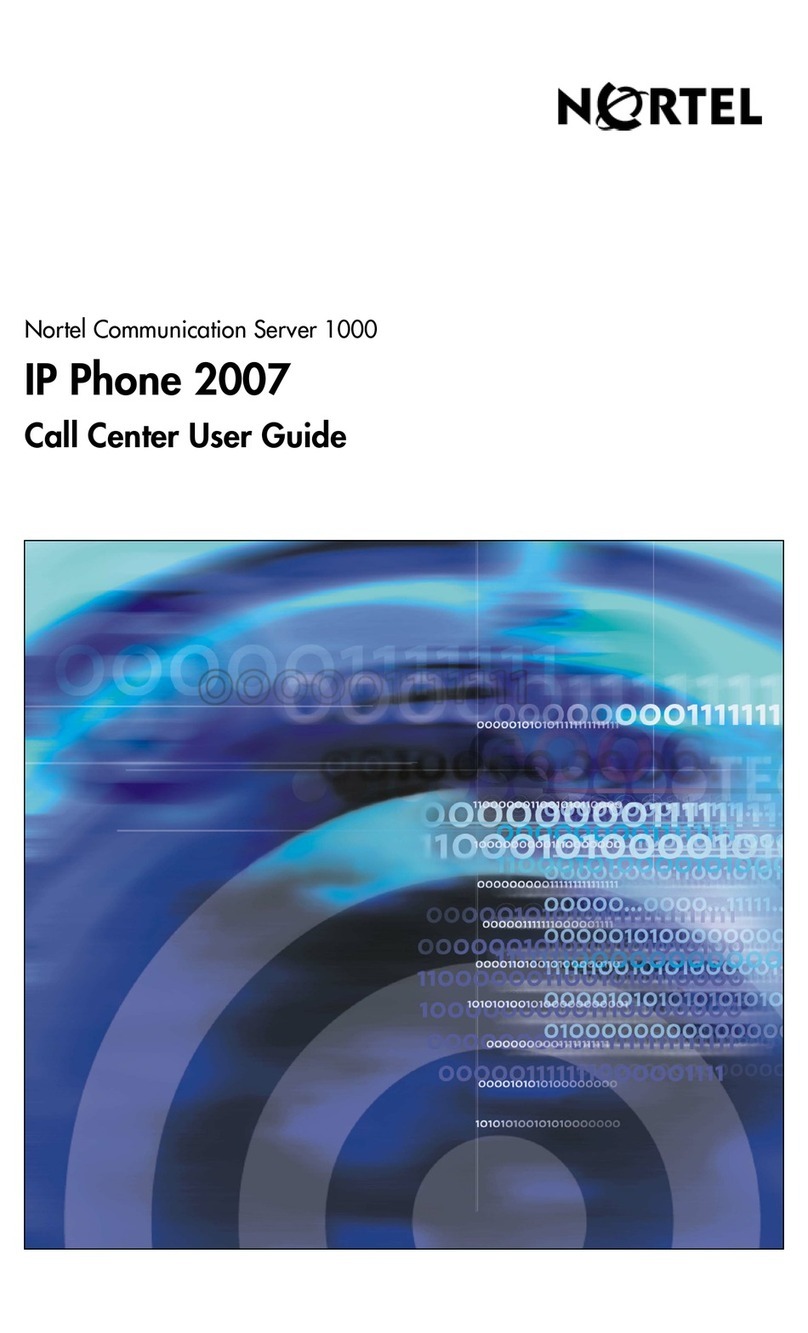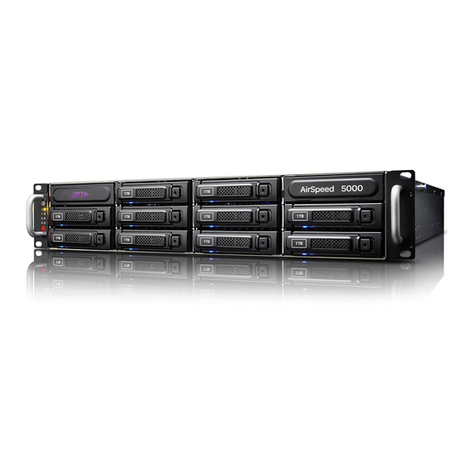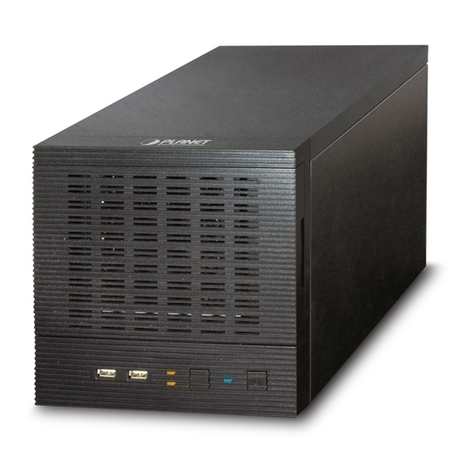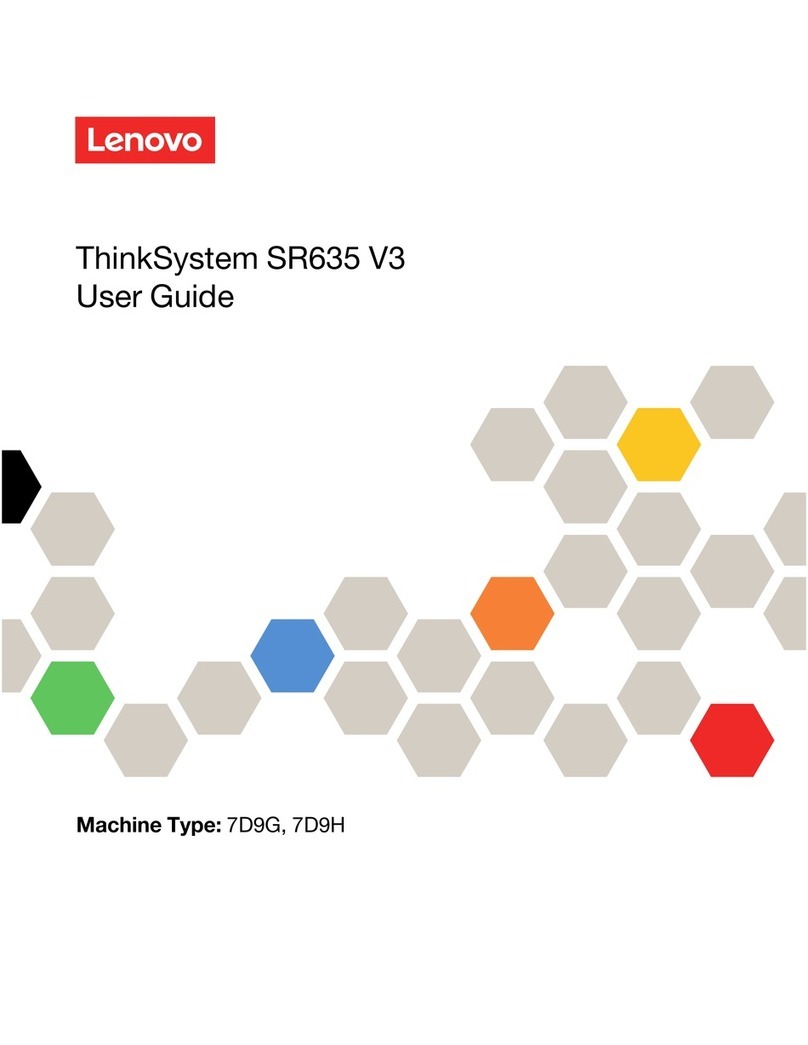
viii Themis Computer
RES-11XR3 Installation Manual
1.7.3.1 Shock ........................................................................................ 1-16
1.7.3.2 Electrostatic Discharge ............................................................. 1-16
1.7.3.3 Noise ......................................................................................... 1-16
1.8 Packaging and Shipping .......................................................................................1-16
1.8.1 Accessory Kit ........................................................................................... 1-17
1.8.2 Rack-Mount Slides (Optional) ................................................................. 1-17
2. Installation and Operation ........................................................................................... 2-1
2.1 Installation Procedures ........................................................................................... 2-1
2.1.1 Remove Protective Top Cover ................................................................... 2-1
2.1.2 Memory Modules ....................................................................................... 2-3
2.1.2.1 Installation .................................................................................. 2-4
2.1.3 PCI Cards ................................................................................................... 2-7
2.1.3.1 Installing Cards ........................................................................... 2-9
2.1.4 Lithium Battery ........................................................................................ 2-13
2.1.4.1 Removing the Lithium Battery ................................................. 2-13
2.1.4.2 Installing a Lithium Battery ...................................................... 2-14
2.1.5 SAS/SATA Storage Drive ....................................................................... 2-14
2.1.5.1 Opening the RES-11XR3 Front Doors ..................................... 2-14
2.1.5.2 Disk-Drive Removal ................................................................. 2-15
2.1.5.3 Disk-Drive Installation ............................................................. 2-17
2.1.6 Hot-Swappable 38-mm Fan ..................................................................... 2-17
2.1.6.1 Removing and Installing a 38-mm Fan ..................................... 2-18
2.1.7 Power Supply ........................................................................................... 2-20
2.1.7.1 Removing a Power Supply .......................................................2-20
2.1.7.2 Installing a Power Supply ......................................................... 2-21
2.2 Rack Mounts ........................................................................................................ 2-21
2.2.1 Mounting Brackets ................................................................................... 2-21
2.2.2 Rack-Mount Slides (Optional) ................................................................. 2-22
2.3 Operation ............................................................................................................. 2-22
2.3.1 Plugging in the AC Power Cords ............................................................. 2-22
2.3.2 Turning the System On ............................................................................ 2-23
2.3.3 Getting Started ......................................................................................... 2-23
2.3.3.1 Configuration ............................................................................ 2-23
2.3.3.2 Linux Installation ...................................................................... 2-23
2.3.4 Turning the System Off ........................................................................... 2-24
3. BIOS Setup Utility ........................................................................................................ 3-1
